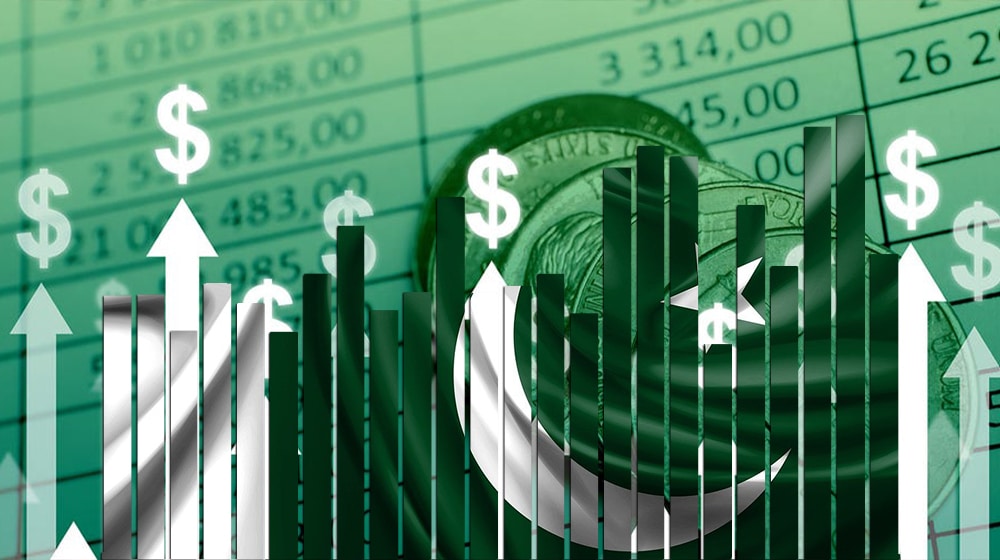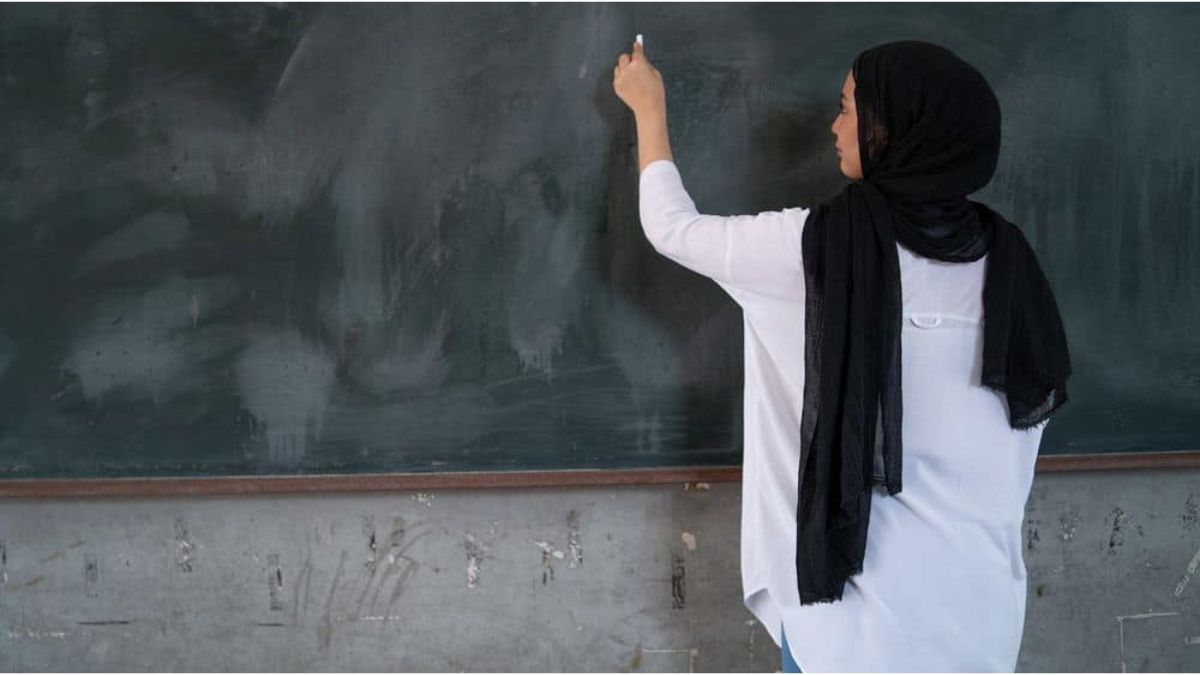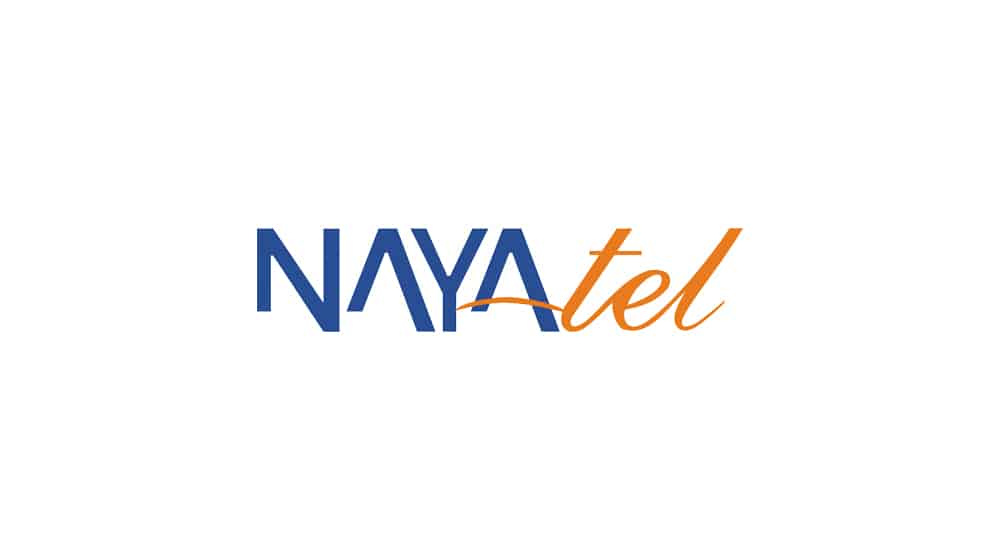Gallup Pakistan’s Gallup Business Confidence Index report, based on responses from 454 business owners across more than 30 districts for the second quarter of 2024, shows a decline in confidence. The index reveals a drop of four to ten percent in the scores for current business conditions, future business outlook, and the overall direction of the country.
The survey highlights that many businesses view the new financial plan for FY25 as unfavorable, with inflation being identified as the primary concern for approximately 40% of businesses. Inflation, which reached 12.6% in June, continues to erode consumer purchasing power. Over half of the surveyed businesses believe the current Pakistan Muslim League-Nawaz (PML-N) government has performed worse economically compared to its predecessor.
READ MORE: “Pakistan’s Passport Falls Below Palestine in Latest Henley Index”
Bilal Ijaz Gilani, executive director at Gallup Pakistan and the report’s chief architect, attributes the decline in business optimism to persistent political uncertainty and the recently announced tax-heavy federal and provincial budgets. Businesses, already burdened by various regulatory and tax measures, have expressed significant dissatisfaction with the new budget.
Additionally, load-shedding remains a critical issue, with 60% of businesses reporting worsening power outages due to increased demand on the power infrastructure. This represents a 16% increase in the number of businesses experiencing frequent load-shedding compared to the previous quarter.
The survey also shows a notable decline in business confidence, with a 16% drop in the net current business situation score. Looking forward, 57% of businesses have negative expectations, resulting in a 36% decline in the net future business confidence score, now standing at -14%.
The survey found that pessimism was particularly pronounced among businesses in hardware, electrical items, and manufacturing sectors. In contrast, those in home decor, gift items, and cosmetics showed more optimism.
The net direction of the country score has worsened to -64%, an additional four percentage points decrease from the previous quarter. Only 18% of respondents believe the country is heading in the right direction. A significant majority, 54%, feel that the current economic management is worse than that of the previous government. Most respondents, 85%, consider the new financial plan to be inadequate, with only 11% of manufacturers and 15% of service providers viewing it as business-friendly.
High inflation and poor business conditions have led to a rise in workforce reductions, with 9% more employers, particularly in manufacturing, reporting staff cuts in the second quarter. Overall, 60% of businesses have seen a decline in sales, with manufacturers (66%) facing more severe sales downturns compared to service providers (58%).
Gilani concluded, “Governments in Pakistan need to listen and address the concerns of the business community across the country.”



